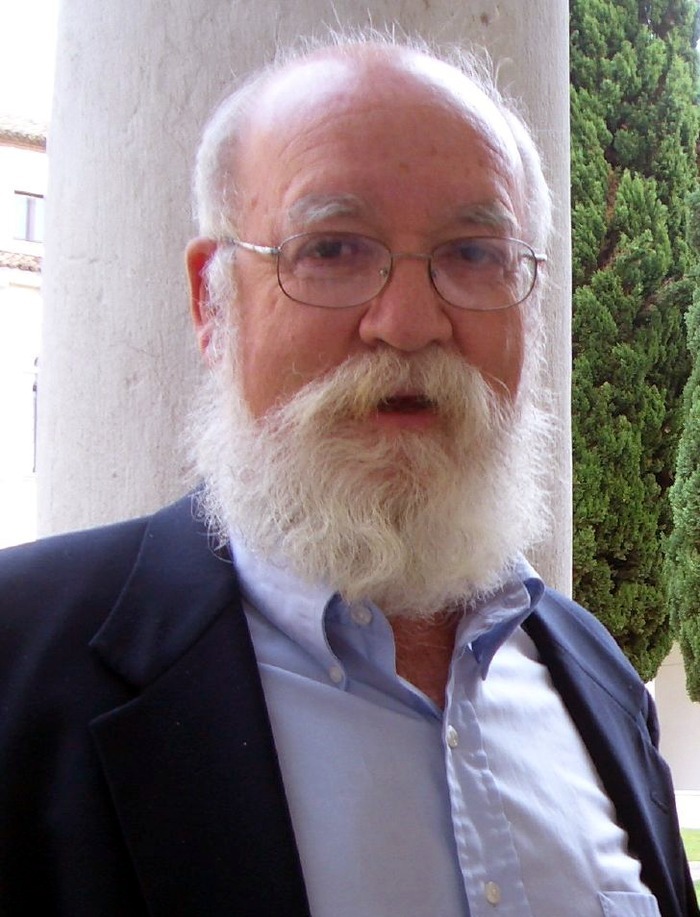
“Given the stature of its two protagonists, this book will become something of an instant classic, occupying a unique and special place in the literature on this topic, and enjoying wide and long-lasting readership and usefulness as a supplementary text.” — Gary Rosenkrantz, University of North Carolina at Greensboro “This engaging little book treats key issues of chance and design in the science-religion dialogue. It would be appropriate for courses in the philosophy of religion, religion and culture, and science and religion. I would be highly likely to adopt the book in my philosophy of science course because it us brief, clear, and to the point.” — Michael L. Peterson, Asbury College One of today's most controversial and heated issues is whether or not the conflict between science and religion can be reconciled. In Science and Religion: Are They Compatible?, renowned philosophers Daniel C. Dennett and Alvin Plantinga expand upon the arguments that they presented in an exciting live debate held at the 2009 American Philosophical Association Central Division conference. An enlightening discussion that will motivate students to think critically, Science and Religion: Are They Compatible? opens with Plantinga's assertion that Christianity is compatible with evolutionary theory because Christians believe that God created the living world, and it is entirely possible that God did so by using a process of evolution. Dennett vigorously rejects this argument, provoking a reply from Plantinga, another response from Dennett, and final statements from both sides. As philosophers, the authors possess expert skills in critical analysis; their arguments provide a model of dialogue between those who strongly disagree. Ideal for courses in philosophy of religion, science and religion, and philosophy of science, Science and Religion is also captivating reading for general readers. About the Authors Daniel C. Dennett is the Co-Director of the Center for Cognitive Studies, University Professor, and Austin B. Fletcher Professor of Philosophy at Tufts University. He is the author of Breaking the Spell: Religion as a Natural Phenomenon (2006), Freedom Evolves (2003), and Consciousness Explained (1991). Alvin Plantinga is John A. O'Brien Professor of Philosophy at the University of Notre Dame and author of Essays in the Metaphysics of Modality (OUP, 2003) and Warranted Christian Belief (OUP, 2000).
Author

Daniel Clement Dennett III is a prominent philosopher whose research centers on philosophy of mind, science, and biology, particularly as they relate to evolutionary biology and cognitive science. He is the co-director of the Center for Cognitive Studies and the Austin B. Fletcher Professor of Philosophy at Tufts University. Dennett is a noted atheist, avid sailor, and advocate of the Brights movement. Dennett received his B.A. in philosophy from Harvard University in 1963, where he was a student of W.V.O. Quine. In 1965, he received his D.Phil. from Christ Church, Oxford, where he studied under the ordinary language philosopher Gilbert Ryle. Dennett gave the John Locke lectures at the University of Oxford in 1983, the Gavin David Young Lectures at Adelaide, Australia, in 1985, and the Tanner Lecture at Michigan in 1986, among many others. In 2001 he was awarded the Jean Nicod Prize, giving the Jean Nicod Lectures in Paris. He has received two Guggenheim Fellowships, a Fulbright Fellowship, and a Fellowship at the Center for Advanced Studies in Behavioral Science. He was elected to the American Academy of Arts and Sciences in 1987. He was the co-founder (1985) and co-director of the Curricular Software Studio at Tufts University, and has helped to design museum exhibits on computers for the Smithsonian Institution, the Museum of Science in Boston, and the Computer Museum in Boston. He is a Humanist Laureate of the International Academy of Humanism and a Fellow of the Committee for Skeptical Inquiry.